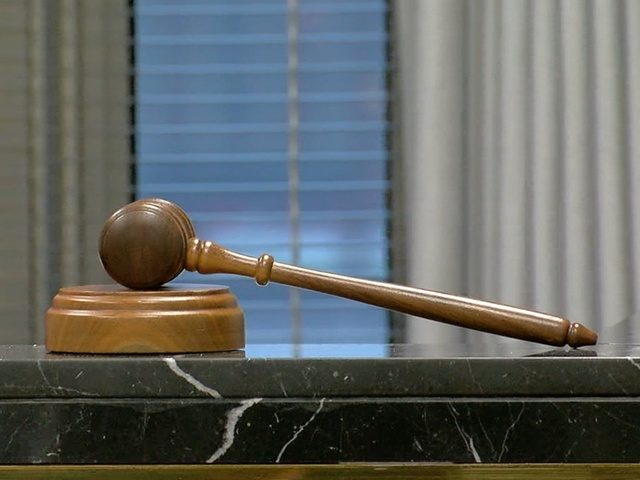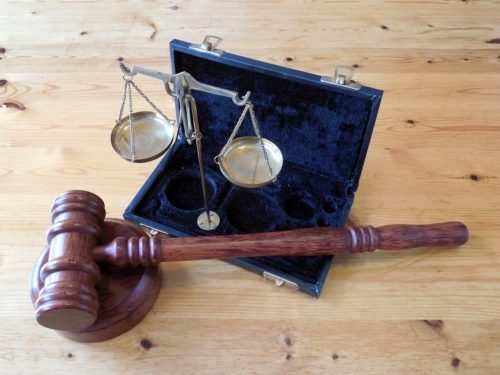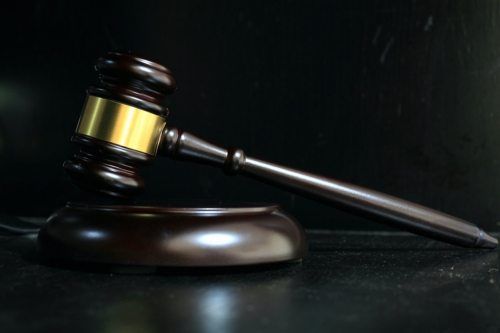
Defense lawyers hope Supreme Court will hear HIV disclosure case
CINCINNATI — X won’t get out of prison until 2022 for felonious assault. He didn’t tell his sex partner he’s HIV-positive.
X’s defense attorneys are challenging the Ohio law. They lost an appeal before the Court of Appeals, but appellate attorneys Josh Thompson and Demetra Stamatakos are hoping for another chance before the Supreme Court.
Thirty-four states, including Ohio, have HIV-specific assault laws.
“It’s a national issue,” Stamatakos said.
Thompson said he believes the law is unconstitutional “because it’s about what you have to say.” He portrayed it as a First Amendment issue.
Northern Kentucky University constitutional law professor Ken Katkin disagreed.
“Transmitting HIV to somebody involuntarily and without their knowledge is really wrongful conduct that has nothing to do with speech,” he said.
It remains to be seen if the Supreme Court will take the case. It could come down to whether lower courts are split on the issue.
“An issue like this, where it probably could come up in a bunch of different courts, that makes it more likely that they would wait until there is actual disagreement between courts before they would take it,” Katkin said.
Case No. 2016-0903 State v. Batista
Video recording of the Court of Appeals’ hearing of case challenging law criminalising HIV non-disclosure
ISSUES:
– Does R.C. 2903.11(B) violate the equal protection clauses of the Ohio and U.S. constitutions because:
o there is no rational basis for a distinction between HIVpositive individuals and individuals with other infectious diseases, such as Hepatitis C?
o there is no rational basis for a distinction between the methods of transmission of HIV?
o the statute is not rationally related to the government’s purpose?
– Is R.C. 2903.11(B) a content-based regulation on speech that, under a strict-scrutiny standard, unconstitutionally compels speech and usurps the constitutional right to refrain from speaking?




